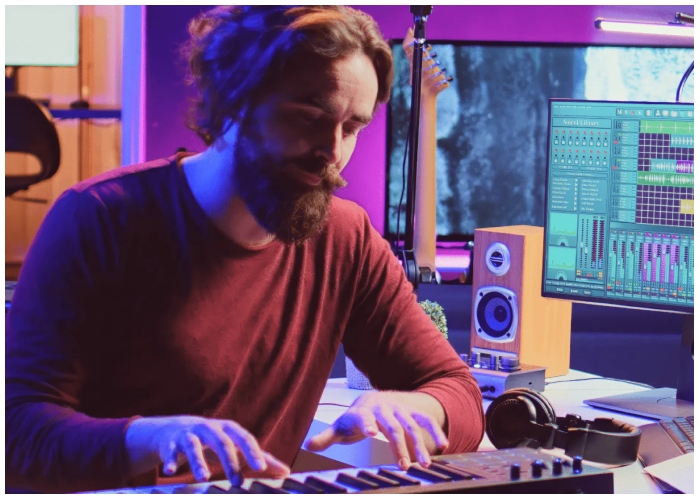You’ve probably listened to more music this year than ever before—and remembered less of it. That’s not your fault. The 2025 music scene is packed with songs, singles, and remixes dropping daily, yet somehow, nothing sticks. There’s no iconic hit defining the year. No breakout anthem playing in every store, car, and beach party. Instead, we’re left with a sea of mid-tempo tracks that blend into the background, albums that evaporate within a weekend, and artists who trend without impact. The playlists are full, but the culture feels empty. This isn’t just a bad year for music—it’s a reflection of deeper shifts in how we consume, create, and forget sound.
Streaming Rewards Safety, Not Impact
Streaming platforms are designed to keep you listening, not necessarily feeling. The algorithms that shape what we hear favor songs that are short, inoffensive, and easy to loop. This leads to music that sounds polished but emotionally flat. Artists aren’t trying to make a statement—they’re trying to avoid the skip button. The result is a formulaic sameness across genres. Verses blur into choruses, choruses blur into each other, and once the song ends, you’ve already forgotten how it began. The most streamed tracks of the year might have massive play counts, but very few of them have cultural staying power.
TikTok Has Changed the Way Songs Are Written
Every pop song in 2025 seems to be engineered for TikTok virality. That means intros are shorter, hooks are faster, and lyrics are catchier—but not deeper. Entire tracks are now built around 15-second moments. If it doesn’t “hit” in the first five seconds, it won’t make it into the algorithm.

And if it doesn’t spawn a dance or a reaction trend, it won’t go anywhere. This forces musicians to focus on fragments instead of full narratives. Music becomes content, not art. And when songs are reduced to soundbites, they lose the ability to build emotional resonance.
There’s No Waiting Anymore
Releases used to feel like events. You’d wait for an album drop, attend a listening party, or experience a single as part of a season. In 2025, new music arrives constantly. Artists drop without warning. Surprise collabs appear overnight. Fans barely have time to get excited before something else drops the next day. The speed of release has outpaced our ability to appreciate it. Even albums that could’ve been memorable get buried under the avalanche of constant content. When there’s no anticipation, there’s no momentum. And without momentum, even great music gets lost in the noise.
The Artists Are Playing It Safe
2025 is shaping up to be a year of caution, not creativity. Many top artists are sticking with safe sounds and predictable lyrics, likely driven by label expectations and the fear of backlash. No one wants to take a swing and miss—so they stop swinging. There are fewer risks, fewer big ideas, and fewer bold statements. Artists are more focused on securing playlist placement than shifting the conversation. As a result, the music landscape feels flat. We’re not seeing sonic evolution—we’re watching repetition on autopilot.
Nostalgia Is Drowning Newness
Another reason 2025’s music feels forgettable is because so much of it is recycled. From Y2K throwbacks to early 2010s synth-pop revivals, the charts are packed with echoes of the past.
That’s not always bad—but when every third song samples a hit from the 2000s, it starts to feel like we’re stuck. The industry is chasing comfort instead of innovation, and the obsession with recreating old magic leaves little room for fresh sounds. When familiarity becomes the selling point, originality becomes rare.
We Don’t Sit With Music Anymore
Listening to music used to be an activity. Now it’s background noise. We listen while scrolling, driving, working out, or cleaning. It’s become ambient, not intentional. That doesn’t mean people don’t love music—it means we’re no longer giving it our full attention. Without time to process, revisit, or reflect, even good songs struggle to become meaningful. Music deserves more than a passive scroll-through. But in a world that never stops moving, few of us are slowing down long enough to let it leave a mark.
We’re Not the Problem—The System Is
If you’re frustrated by how forgettable everything sounds lately, you’re not being negative—you’re being honest. The music isn’t worse because artists are less talented. It’s forgettable because the system that delivers it is designed for speed, sameness, and surface-level engagement. Great music still exists, but it’s harder to find, harder to celebrate, and harder to hold onto when the next thing is already loading. We don’t need less music—we need fewer distractions, more intention, and a return to listening with presence.